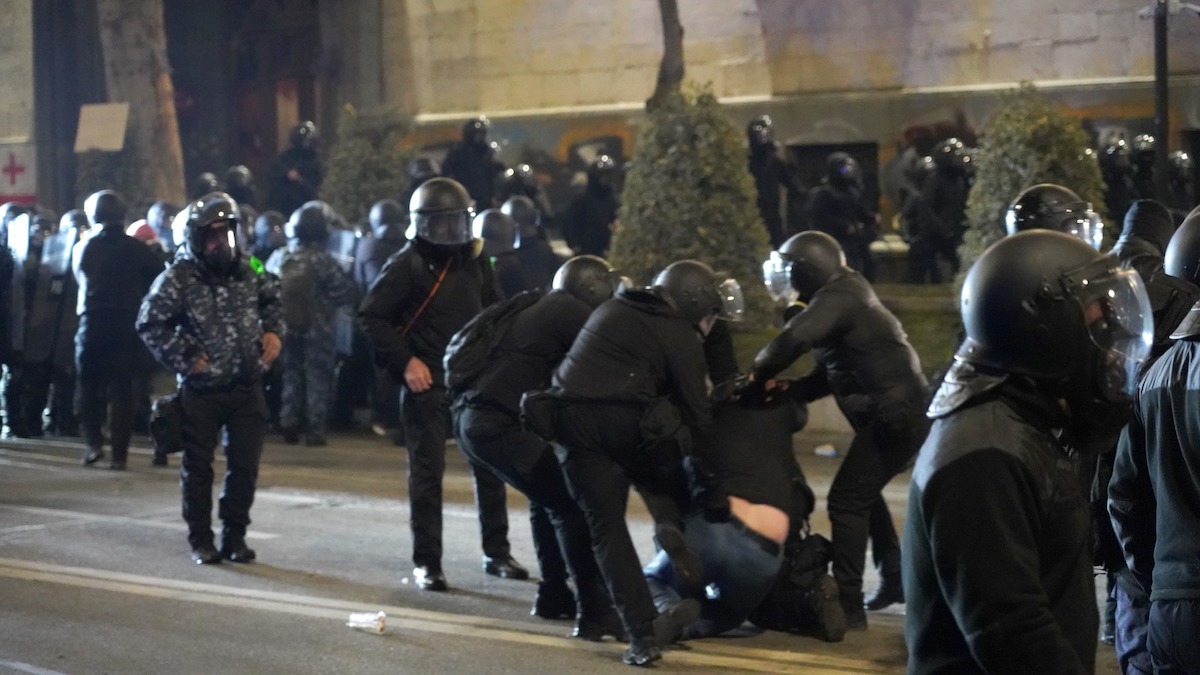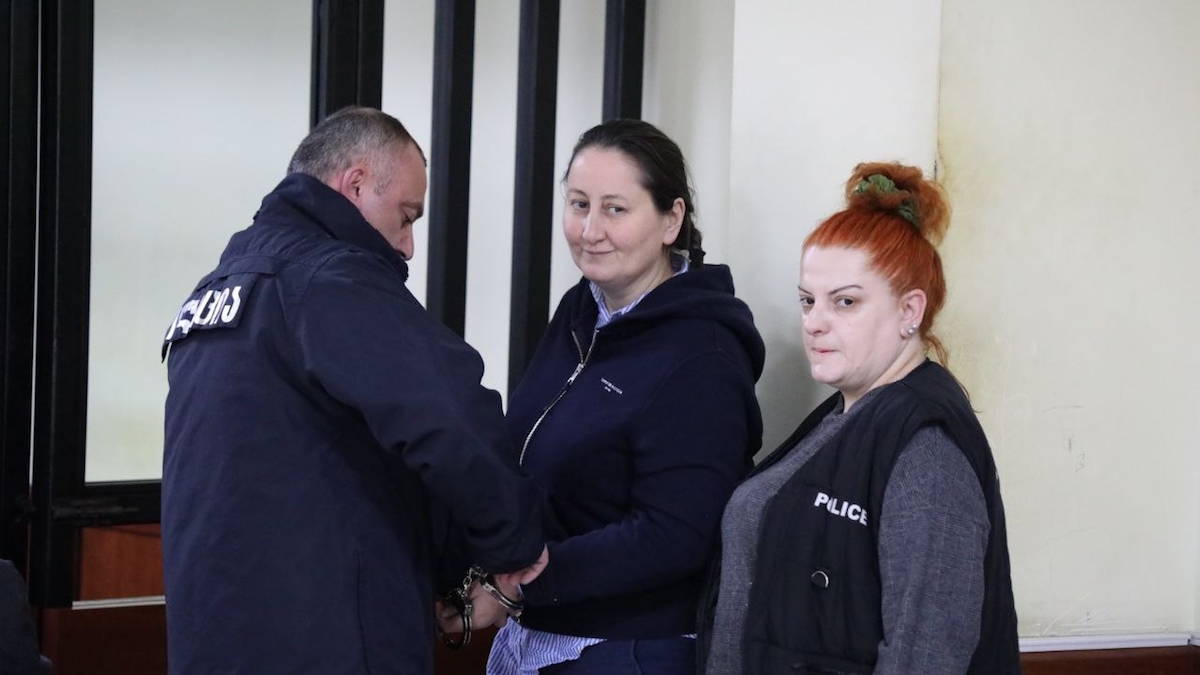"Legislation must not undermine assembly freedom" – European Commissioner evaluates his visit to Georgia
EU Commissioner criticizes new laws in Georgia
Council of Europe Commissioner for Human Rights, Michael O’Flaherty, who visited Georgia from January 21-23, issued a statement regarding the current situation in the country, emphasizing the importance of legislative respect for the freedom of assembly.
O’Flaherty highlighted his appreciation for the resilience of Georgian civil society and human rights defenders working in difficult conditions, and called for measures to address serious human rights violations in Georgia.
What is written in the statement? Details:
Commissioner O’Flaherty expresses concern over the lack of accountability for allegations of unlawful arrests and excessive use of force by law enforcement and unidentified masked individuals (“titushkis”) in the context of public demonstrations in April 2024 and since 28 November 2024.
In this regard he observes that criminal prosecutions against protesters have advanced, but that despite numerous credible reports of ill-treatment, no law enforcement officers have been prosecuted, including in relation to the Spring 2024 protests.
Furthermore, the Commissioner draws attention to his earlier recommendation that all law enforcement officers display proper identification to facilitate the prosecution and sanctioning of perpetrators of abuse in line with international good practice.
While acknowledging the increased restraint by law enforcement during the continuation of protests in the latter half of December, the Commissioner expresses concern about new restrictions on protest, including certain amendments to the law ‘On Assemblies and Manifestations’ and the Administrative Offences Code.
These restrictions include a blanket ban on face coverings by protesters, expanded grounds for administrative arrest, search and seizure, and harsher fines for publicprotest related administrative offences. […]
He notes changes to the Law on Public Service weakening public servants’ protection against dismissal. “I regret that these human rights sensitive laws were adopted in a hurried way, with no meaningful consultation process”.
In his meetings with the authorities, the Commissioner raised the case of Mzia Amaghlobeli, a well-known journalist, whom he visited in prison. Ms Amaghlobeli has been on hunger strike since her arrest on 12 January 2025 for allegedly assaulting a police officer.
“Without prejudice to any future decision on the merits of the charges against her, I believe that the continuation of her pre-trial detention is unjustified and I am very concerned about her situation”, the Commissioner said.
The Commissioner expresses his concern about the shrinking space for civil society organisations through a combination of rampant disinformation and stigmatising legislation.
“In my discussions with the authorities I pointed out my publicly expressed position about the human rights implications of the law ‘on transparency of foreign influence’ and the fact that it should not have been adopted in the current form”.
Under the law, NGOs and media organisations receiving more than 20% of their funding from abroad are required to register as ‘organisations pursuing the interests of a foreign power,’ even if there is no evidence that they act as such. […]
The Commissioner expresses grave concern regarding the recently adopted law ‘on protecting family values and minors’, which he considers to be incompatible with human rights standards and has previously described as both discriminatory and stigmatising.
Among other things, the law prohibits positive references to LGBTI people in literature, film, and media, as well as in schools and at public gatherings. It also bans legal gender recognition, outlawing the change of sex/gender markers in a person’s identification and other state-issued documents, and imposes up to four years’ imprisonment for health professionals providing trans-specific healthcare.
“While implementation of the law has not yet begun, its impact is reportedly already felt on the ground, with more limited access to health and other basic services for LGBTI people, increased fear of becoming victims of hate crimes and the exacerbation of stigma faced by LGBTI people,” stated Commissioner O’Flaherty.
News in Georgia




















